
Many local governments were caught off guard by the September FCC Order to ease siting of small cells. The National League of Cities (NLC) and a group of local governments and associations brought their case to court and requested a stay for the looming January 14, 2019 implementation date.
Several localities sought judicial review of the order. A judicial panel consolidated the petitions and assigned them to the U.S. Court of Appeals for the Tenth Circuit. In addition to NLC, other parties joining the stay request were: the U.S. Conference of Mayors, National Association of Counties, National Association of Regional Councils, National Association of Towns and Townships and the National Association of Telecommunications Officers & Advisors.
NLC claims the FCC overreached when it voted to impose shot clocks for siting applications and cap application fees for municipalities and other localities concerning wireless infrastructure siting in public rights-of-way.
When evaluating a stay request, the Tenth Circuit Court considers whether the applicant’s arguments are likely to succeed, whether the party would be “irreparably injured” without a stay, and where the public interest lies.
The Tenth Circuit Court concluded the motion failed to satisfy these factors. As for the parties’ arguments that easing small siting rules would hurt property values and create traffic hazards, the court said even the NLC conceded the order, “does not compel any locality to authorize any particular facility,” states the decision signed by Donald Stockdale, Chief of the Wireless Telecommunications Bureau.
The FCC said it followed Congress’ lead by articulating, “specific standards for resolving concrete disputes over whether states’ or localities’ fees” are consistent with its rules. Most of the order is slated to become effective January 14, 2019. The order acknowledged that “some localities will require some time to establish and publish aesthetics standards,” and therefore the aesthetics standards will not take effect until 180 days after Federal Register publication.
According to the FCC Order, for localities that choose to impose aesthetic standards on small cell deployment, they must be:
- Reasonable;
- no more burdensome than those applied to other types of infrastructure deployments;
- objective; and
- published in advance.
The telecommunications land use attorneys at Miller, Miller & Canby are experienced and entrenched in Maryland, D.C. and Virginia’s 5G Wireless and Small Cells Zoning. Our telecommunications, zoning attorneys and real estate attorneys are closely monitoring the impacts of the FCC order and the efforts of local legislatures to craft small cell legislation in order to be able to advise telecommunications carriers and potential landlords.
Sean P. Hughes is an attorney in Miller, Miller & Canby’s Land Use practice group. His career spans more than two decades of focus in legal and wireless telecommunications and he has represented clients in land use and zoning matters throughout the Mid-Atlantic. To learn more about the firm’s Land Use and Zoning practice, click here.
Cathy Borten is an associate in Miller, Miller & Canby’s real estate practice group. She focuses in commercial real estate transactions and leasing, real estate litigation, land use and zoning and commercial financings and settlements. Cathy has over 10 years' experience in leasing, land use and zoning in the wireless telecommunications industry. Cathy also participated in the drafting of the Montgomery County and City of Gaithersburg original small cell ordinances. To learn more about the firm’s Real Estate practice, click here.

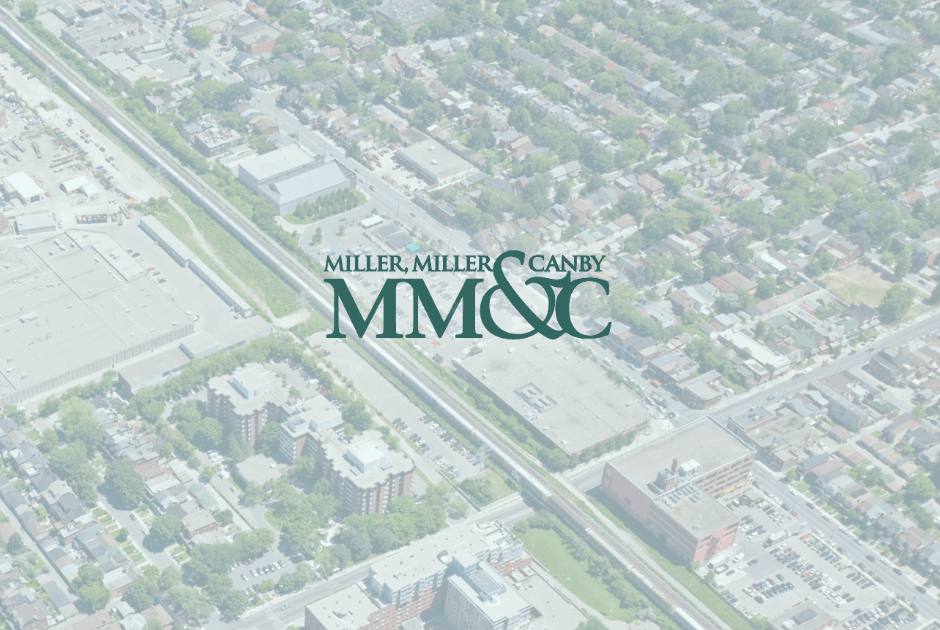



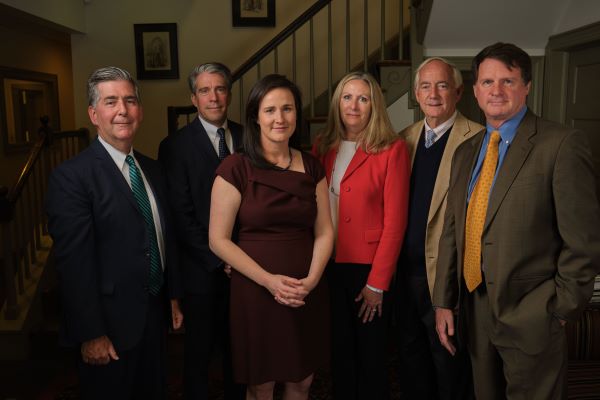
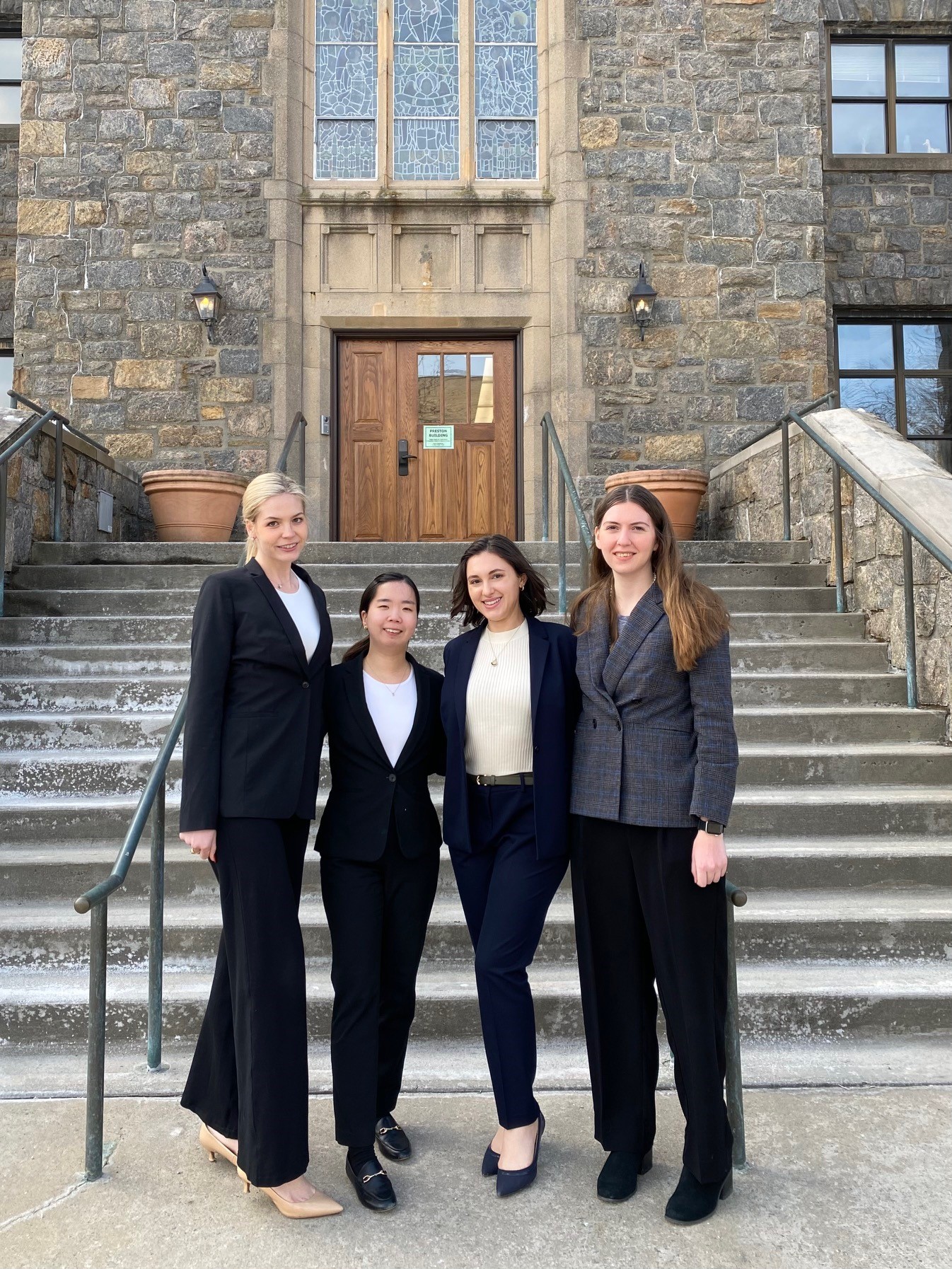
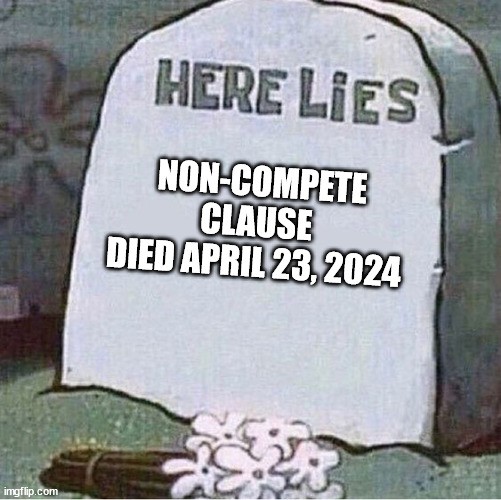
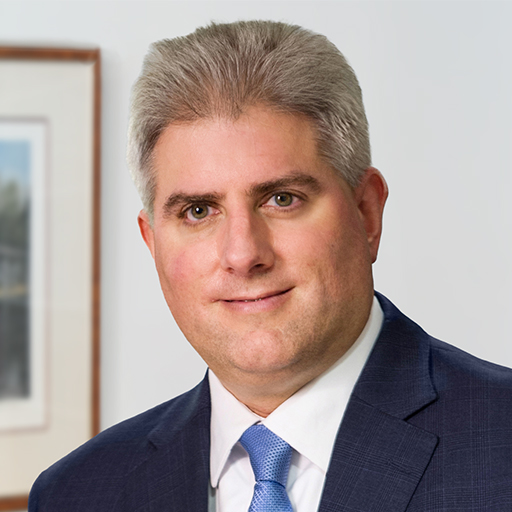
Share this Article: